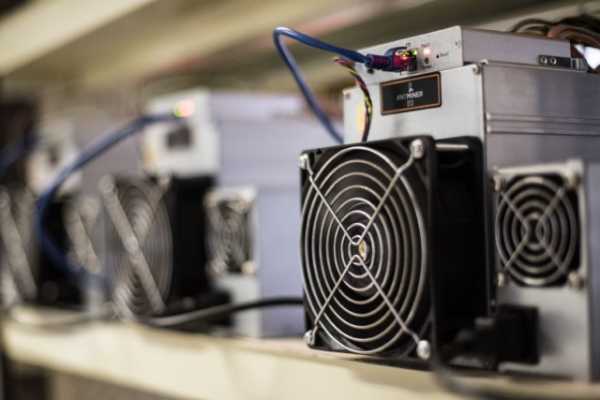
In Russia, the number of officially registered miners has increased tenfold in six months, said the head of the “New People” faction, Alexey Nechaev, at a plenary meeting in the State Duma on July 23, the last day of the spring session, reports RBC Crypto.
He noted that this was led to by the adoption of the law on mining in the fall of 2024 and this is a correct illustration of how to work, instead of “driving people into the shadows with fines and bans.”
“When mining was born, there were many who wanted to ban it, but it is clear that the future belongs to cryptocurrencies, mining has been and will be,” said Nechaev.
He recalled that before the adoption of the law, miners worked “in vain”; some tried to work officially, but taxes were still not paid. There were also situations when entire cities and regions were without electricity due to the fact that mining overloaded the power grid, the deputy added.
According to him, there were those who proposed the usual path – to ban, toughen punishment, but another path was found – the legalization of mining. Six months passed, and it became clear that it worked, Nechaev emphasized.
“Currently there are already more than a thousand officially registered miners in the registry. Before the law, there were 91 companies, that is, legalization increased more than 10–11 times, they began to pay taxes,” said the deputy.
He added that this year miners invested 5 billion rubles. in the development of artificial intelligence. Nechaev noted that they invest money in Russia, and do not take it abroad, in addition, power outages have stopped.
Mining was introduced into the legal field on November 1, 2024. Cryptocurrency mining in Russia can be legally carried out by individual entrepreneurs and legal entities registered in a special register of the Federal Tax Service (FTS). Individuals can mine cryptocurrency without being included in the register, but within the limits of 6 thousand kWh per month.
In some areas where there is an energy shortage, mining is limited. A complete ban is in effect until the spring of 2031 in the south of the Irkutsk region, in the republics of the North Caucasus, DPR, LPR, Zaporozhye and Kherson regions. In Buryatia and Transbaikalia, mining is limited to heating periods of energy consumption, but in these regions a complete ban may soon be introduced.
In recent years, Russia has consistently ranked second in the world in terms of Bitcoin mining volume, according to the Association of Industrial Miners. This summer, the hashrate of Russian miners is 150 EH/s (exahash per second), or about 16.6% of the global hashrate. According to experts, up to 40 thousand bitcoins (about $4.7 billion at the current exchange rate) could be mined in Russia in 2024.




